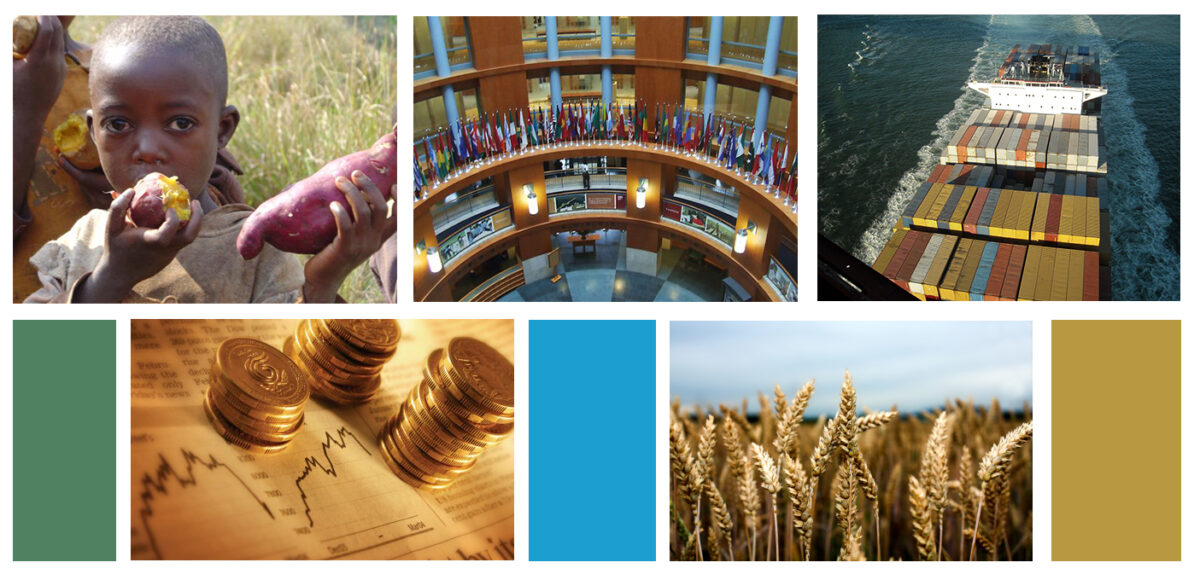National Science Fundation
Economics Programme The National Science Foundation’s Directorate for Social, Behavioral and Economic Sciences solicits proposals under its economics programme. The programme funds research designed to improve the understanding of the processes and institutions of the US economy and of the world system of which it is a part. Support is given to both empirical and […]

